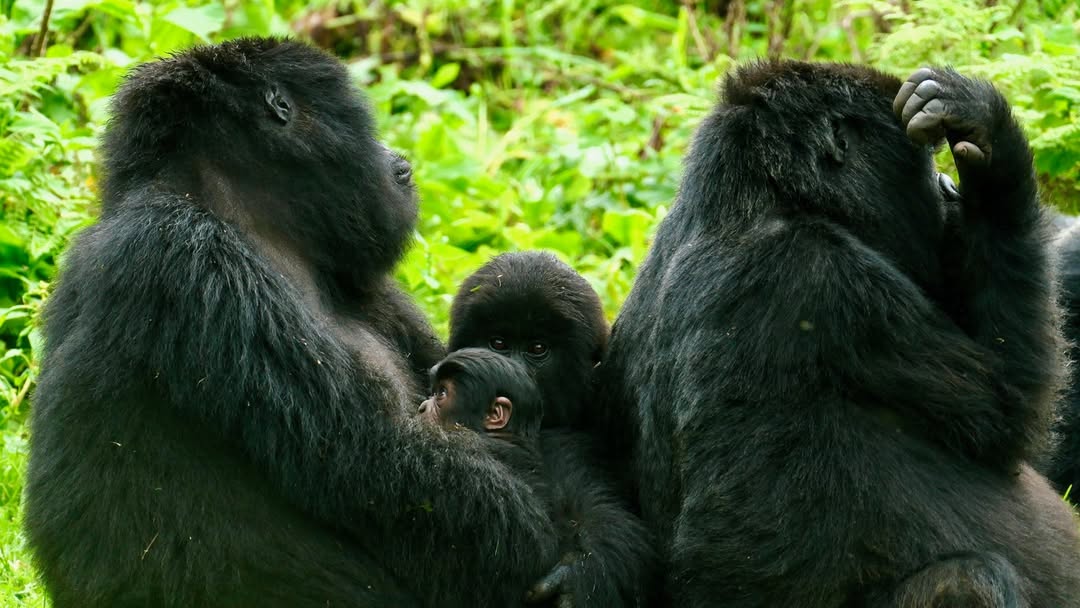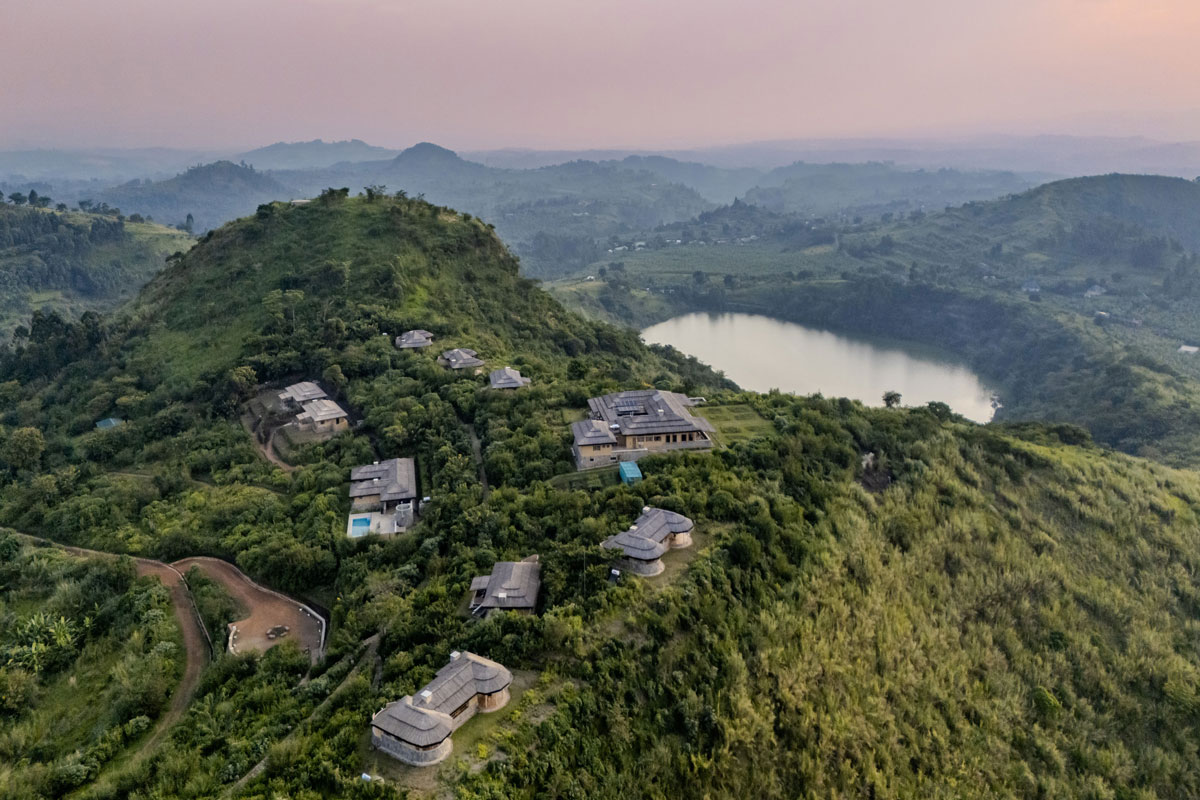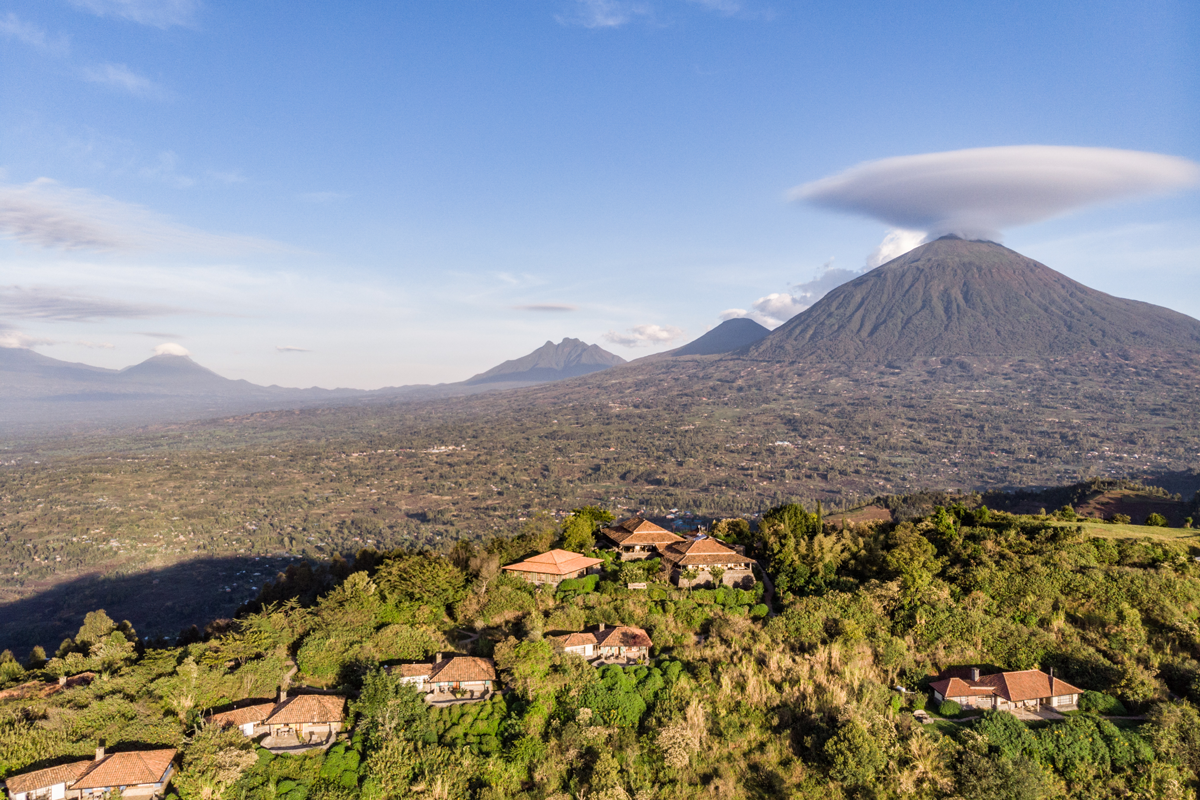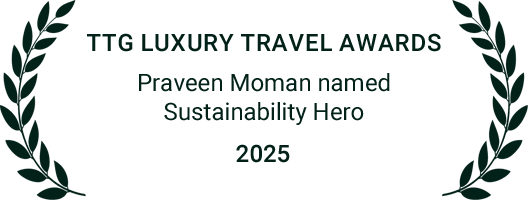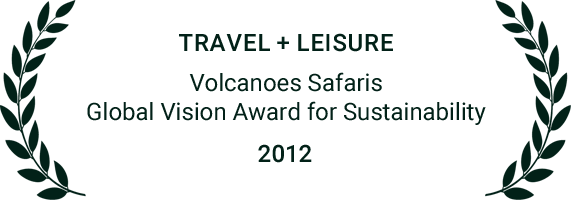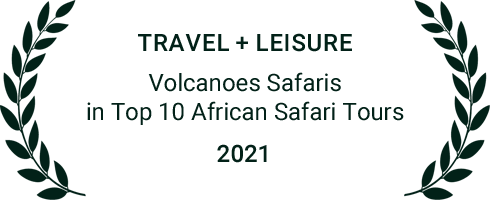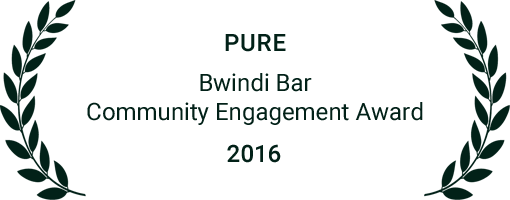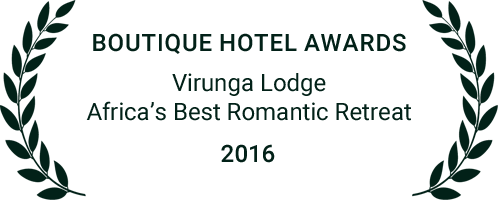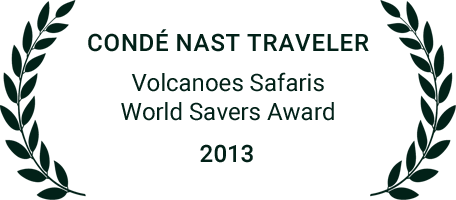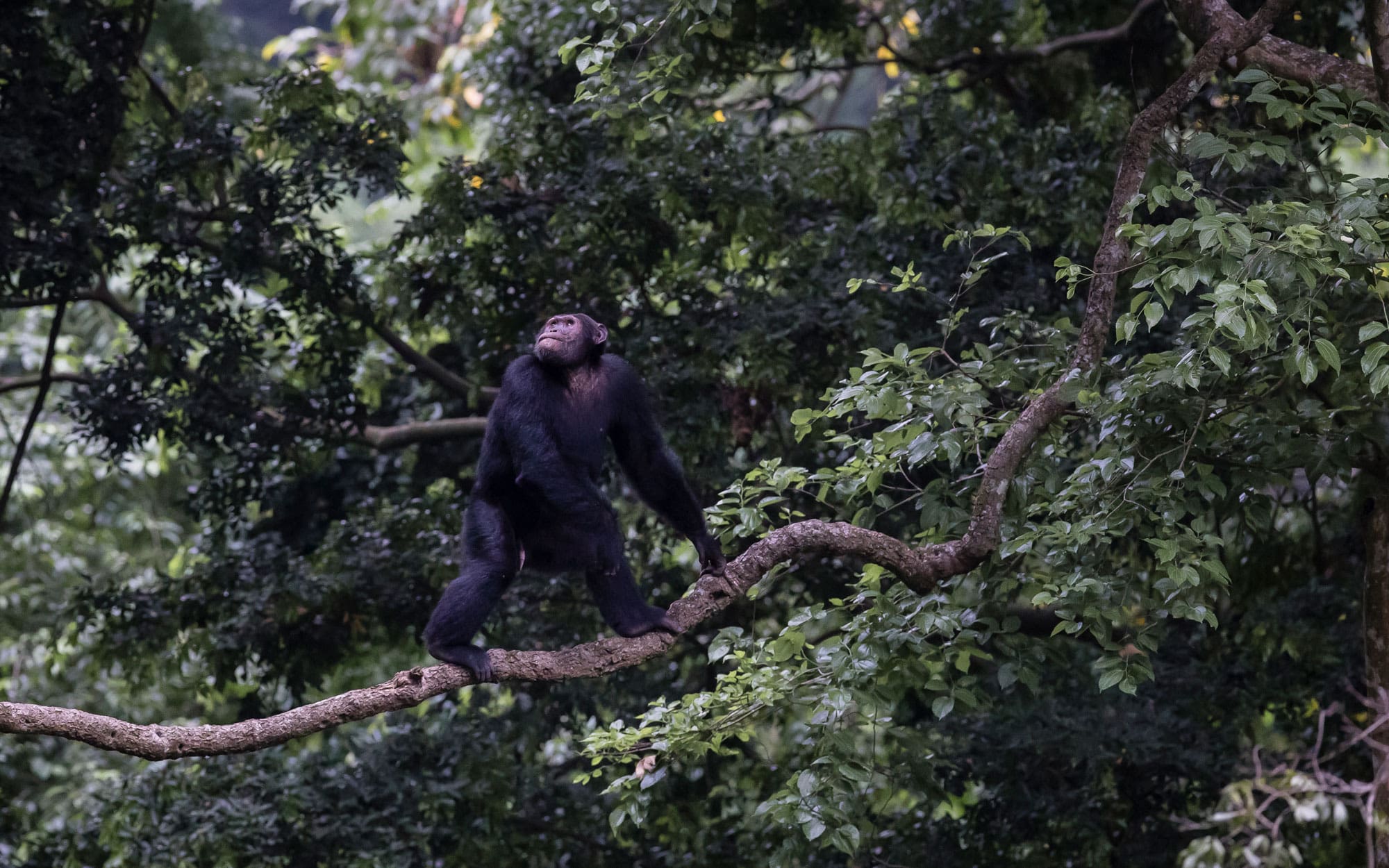The conservation paradox: Only by working with people can we achieve conservation. If it weren’t for people there would be no need for conservation.
It’s amazing how quickly a village mob can form. With one alarm call, in a matter of seconds, you will have dozens of people running to the alleged scene of the crime, most of whom will have no clue as to why they are running there in the first place.
SNAKE, GOAT, WETLAND, are the words that got me to join three such mobs this past year. While everyone else is running with spears, I’m running to carry a voice of mitigation.
As human numbers grow, the pressures on natural habitats and wildlife are immense. Human encroachment and destruction of these once wild areas puts people in close proximity to wildlife and, as a result, often in direct conflict over the same resources.
Such is the case when locals graze their goats unattended at the edge of a wetland...
The VSPT’s Omumashaka Wetland Restoration Project has had successful results in converting an arid brick works back into a lush habitat teeming with wildlife. However, not all of the wetland’s inhabitants have been welcomed by its human neighbours. To a giant python, food is food and has no owner another than the one eating it and domesticated goats grazing at the snake’s habitat are no exception. The distraught goat owner sounds an alarm, a mob quickly forms and rushes to the scene. Unfortunately on one such occasion, I wasn’t able to outrun the eager spears in order to mitigate before the goat and beautiful 5 meter African Rock Python perished.
With growing human communities placing pressures on shrinking wildlife habitats, conservation is often a tale of two steps forward one step back.
In my experience, the key to a successful conservation project has to be education, mitigation and most importantly: opportunity. Local people need to benefit from conservation or it simply will not work. Therefore The VSPT has formed a wetland committee with our neighbours for sustainable harvesting and is also training local people in wildlife tourism, wetland management and guiding, the end goal being that one day we will have enough local stakeholders and benefactors in this natural habitat to make it a community-run project where the importance of conservation will be self-evident and sustaining.
Throughout the process, setbacks, challenges and the occasional mob are expected, but hopefully occurrences are fewer and much farther between.
Nicole, Uganda - Volcanoes Safaris Partnership Trust
